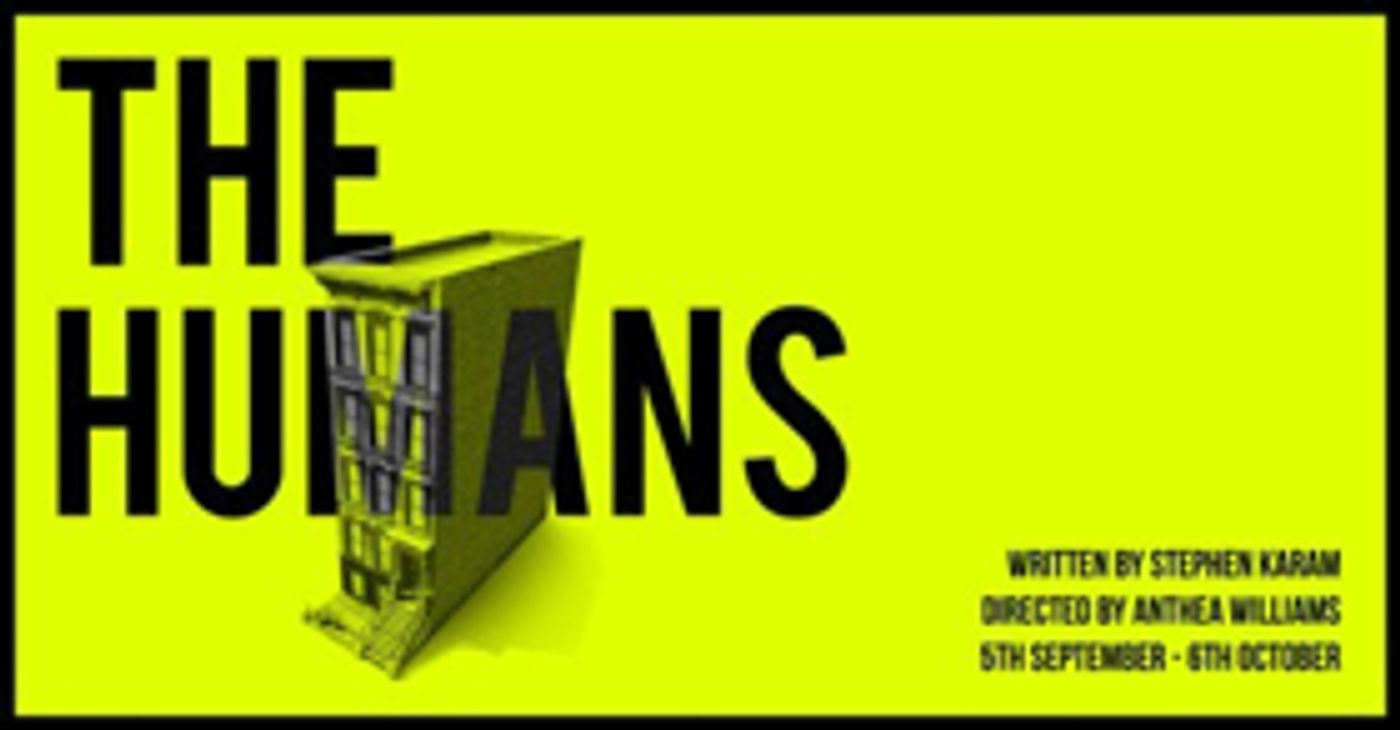Review: THE HUMANS Gives An Unvarnished View The Average Working Class Family

Thursday 13th September 2018, 8pm, Old Fitz Theatre
Family bonds, expectations, and annoyances are aired as an Irish American family gather for Thanksgiving Dinner in THE HUMANS. Stephen Karam's Tony Award winning and Pulitzer Prize finalist play provides a glimpse into an average working class American family and echoes truths about our own society.
The Blakes are normal family dealing with the same issues many other average American families, and for that matter, Australian families. Children have moved out of home and setting up their own lives, albeit not exactly as their parents would have imagined for them. Elderly grandparents are requiring care. Parents are facing impending retirement age with younger more qualified candidates nipping at their heels in the workforce. Finances and job security are a constant concern for both young and old. For THE HUMANS, Brigid (Madeleine Jones) and her boyfriend, the older Richard (Reza Momenzada), have invited her family around for Thanksgiving dinner and to show off their new split level apartment on the ground floor and basement of a run down building in Chinatown, Manhattan. Her parents Erik (Arky Michael) and Dierdre (Di Adams) and grandmother "Momo" (Diana McClean) have made the 120mile drive down from Scranton Pennsylvania whilst elder sister Aimee (Eloise Snape) has caught the train in from Philadelphia.
Jonathan Hindmarsh deals with challenge of a split level apartment by presenting the upper story raised approximately a meter above the theatre floor with the lower 'basement' living space presented in front of the upper space to ensure that events on both levels can be viewed easily. He gives the space a worn out feel of a cheap apartment with a grimey barred window and an unfinished staircase. Its inferred that the space is small, really only consisting of the two rooms shown with upstairs bathroom and downstairs kitchen, but even though it's stated that Brigid and Richard are waiting on their furniture to arrive, its unclear how they've been living in the space in the meantime with only a few random chairs around two card tables, a sofa, an armchair and a few scattered boxes.
Given the 'realness' of the story Hindmarsh keeps the costuming simple whilst also capturing the socio economic background, aspirational qualities and ages of the ensemble. Momo has comfortable Velcro closed shoes. Dierdre has a highly patterned polyester top thought fashionable for those that shop at K-Mart. Unemployed composer Brigid tries for a trendier layering of flowing fabrics whilst young lawyer Aimee has a geeky hipster aesthetic of shirt dress, cardigan and messy bun.
Karam's play gives a honest view of average American life, hence the work's accolade as being a finalist for the Pulitzer Prize but Anthea Williams' (Director) interpretation of the work doesn't always sit so well. Sure she captures the strained relationships between the family members that don't see each other often but much of the work seems shouted in the small space so that when tensions do really rise they can only move up to screaming. One would expect earlier moments of 'politeness' and 'civility' to be presented in gentler peacekeeping tones but everything feels like an attack from the start. Whilst it may be partially due to the set design altering the acoustics of the intimate theatre, it would be expected dealing with the changed sound reflections would have been addressed earlier in the season and not still be persisting days in. The only quiet voice in the piece comes from the 'outsider' Richard who Momenzada ensures is seen as someone wanting to make a good impression whilst being somewhat bewildered by the combative family that are quite different to his own.
Momenzada's Richard, Snape's Aimee and McLean's Momo are the real only likable characters in the piece. Momenzada ensures that Richard is the pacifying outsider who seems to still be struggling with the deamons of his past whilst seeming in constant fear that Brigid will criticize or belittle him. Aimee has struggled to find success only to have her plans derailed by a lost love and a traitorous body but Snape gives her an internal strength as the young woman tries to maintain a brave face in the face of her family. McLean draws pity for the failing Momo, loosing her mind to dementia who is fussed over by her granddaughters and treated like a child, and at times forgotten by her son and daughter in law who are at their wits end in dealing with the incomprehensible screams and irrational outbursts.
Jones gives Brigid a spoilt brat tone that ranges from her rejection of her mother's beliefs to her expectation that her parents should give her money. Michael ensures that Erik seems to have a perpetual fear of something that he can't quite place but his tone, as with Brigid's comes across as unnatural. Adams captures the harping nature of a mother desperate to be heard but also not cognizant that her audience doesn't necessarily want to listen, having heard it all before. There are moments of comedy within the shouting but the delivery dulls some of the comic effect of Karam's text along with the challenge of cultural and social differences that Australian audiences don't really relate to or recognize. Lines that should be zingers fall a little flat with the timing and the tone.
An interesting if a little drawn out expression of life and society that whilst 'reassuring' us that we are not alone in having dysfunctional families with outdated expectations, does not really give us any new insights or solutions to coping in the 21st century.
THE HUMANS
Old Fitz Theatre 5 September - 7 October 2018
https://www.redlineproductions.com.au/the-humans/

Videos

